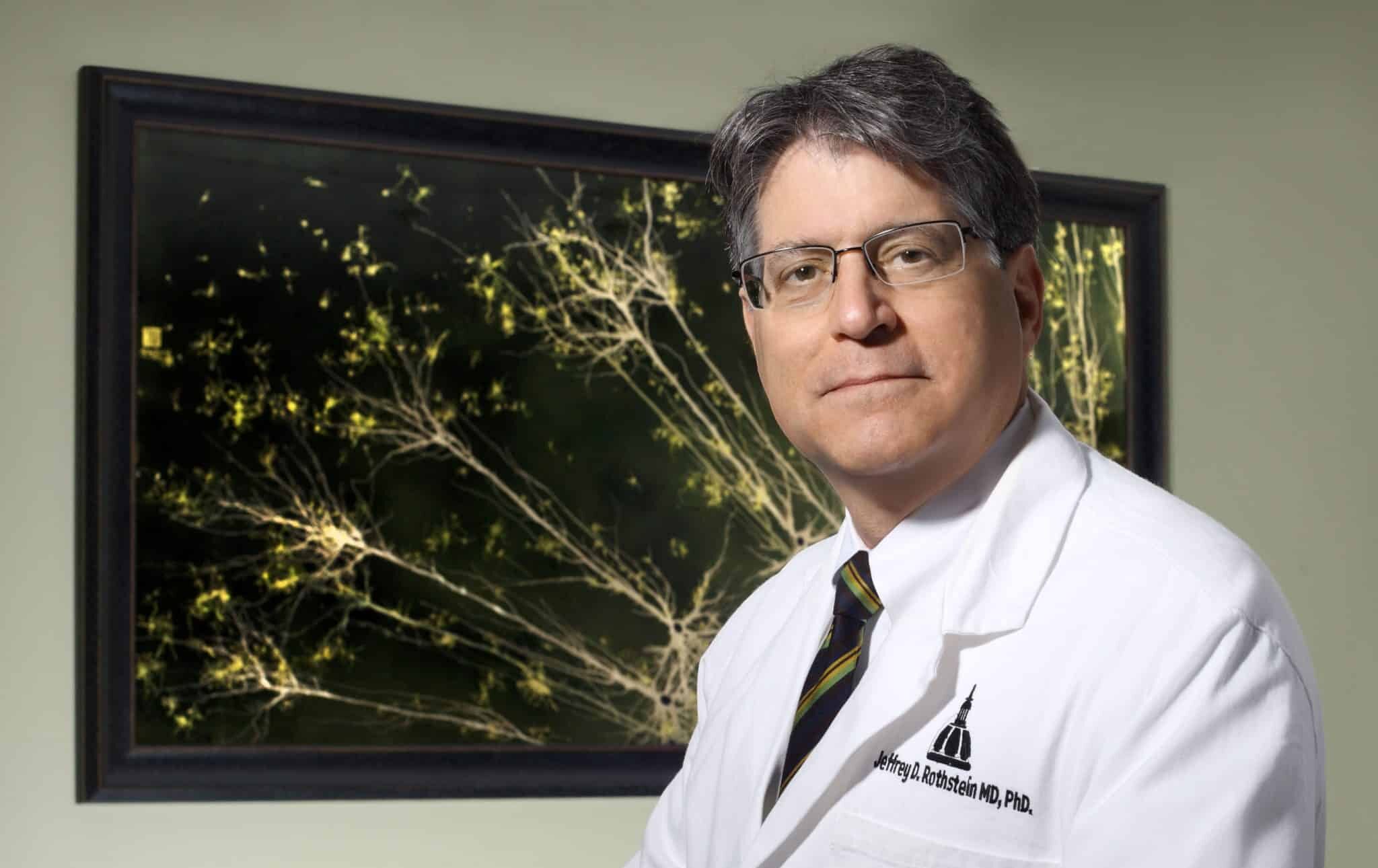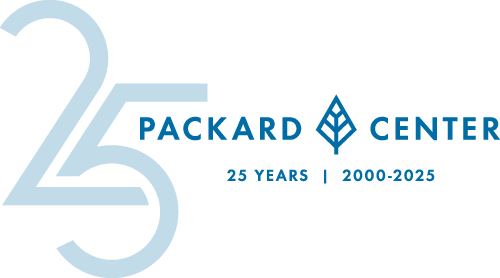


Rothstein Elected to National Academy of Medicine

Jeffrey D. Rothstein, MD, PhD, Packard Center Founder and Executive Director, has been elected to the National Academy of Medicine (NAM), an independent organization of leading professionals from multiple scientific fields including health, medicine and the natural, social and behavioral sciences. NAM serves alongside the National Academy of Sciences and National Academy of Engineering to provide objective advice for the nation and international scientific communities.
Rothstein was elected along with fellow Hopkins colleague Christopher Chute, M.D., Dr.P.H., a Bloomberg Distinguished Professor of Health Informatics. An announcement of 100 new members was made Oct. 21.
Being elected to NAM is considered one of the highest honors in health and medicine. Current members elect new members based on their major contributions to advancements in medical science, health care and public health.
Jeffrey Rothstein, M.D., Ph.D., is a professor of neurology and neuroscience at the Johns Hopkins University School of Medicine. Also at Johns Hopkins, he is the founder and director of the Robert Packard Center for ALS (amyotrophic lateral sclerosis) Research, director of the Brain Science Institute, and the founder and co-director of the ALS clinic. He is also a member and ex-executive of the American Association of Physicians, an honorary medical society with members who are physicians with outstanding credentials in basic or translational biomedical research. His lab first discovered that excitotoxicity might be a common pathophysiological process in sporadic ALS, which led to riluzole for ALS. Dr. Rothstein made discoveries on fundamental pathways that underlie familial and sporadic ALS, including excitotoxicity, astroglial dysfunction, oligodendroglial dysfunction, and the role of nuclear pore complex and nucleocytoplasmic transport in familial and sporadic ALS. The author of more than 360 research articles on ALS pathophysiology and on basic neuroscience, Dr. Rothstein is also the founder and director of the Answer ALS program, which combines longitudinal clinical data, at home smartphone data collection and generation of induced pluripotent stem (iPS) neurons from more than 1,000 U.S. ALS patients, and their comprehensive biological analytics, leading to a dataset of 6 billion biological and clinical data points per patient.
Read the full announcement from Johns Hopkins University: https://www.hopkinsmedicine.org/news/newsroom/news-releases/2024/10/two-johns-hopkins-faculty-members-elected-to-national-academy-of-medicine
